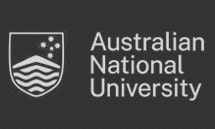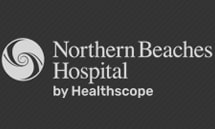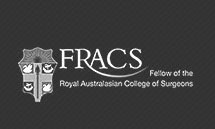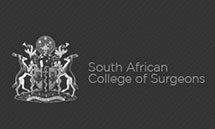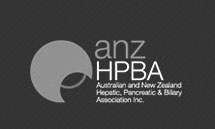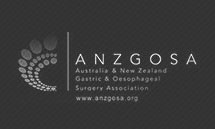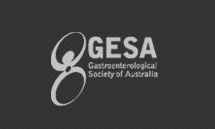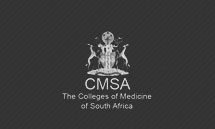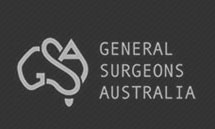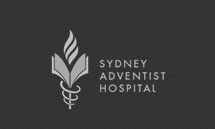What is Gastric Reflux?
Gastrooesophageal reflux disease (GORD) is a condition where the stomach acid leaks into your food pipe (oesophagus) causing a burning sensation in your chest and other associated symptoms.
Everyone experiences acid reflux once in a while after a heavy meal or when lying down. However, people with GORD experience acid reflux on a regular basis, often more than twice a week, and it could lead to serious health concerns and negatively impact quality of life.
Who is At Risk of Gastric Reflux?
Factors that may contribute to the development of gastric reflux include:
- Obesity
- Hiatal hernia
- Loose LES
- Consuming too much oily and spicy foods
- Certain types of medications
- Drinking alcohol
- Lying down after a heavy meal
What Are Your Options?
Treatment aims at reducing reflux, relieving symptoms and preventing damage to the oesophagus. Some of the treatment options include:
Antacids
Other medications
Endoluminal gastroplication or endoscopic fundoplication technique
Nissen’s fundoplication
What Are Your Success Factors?
The outcome of treatment varies from person to person. Some may experience mild recurring symptoms, while for others, treatment can be very successful. Most people respond well to lifestyle changes and medications. However, a relapse is very common after cessation of medications, so the condition does require monitoring.
When medications fail to resolve symptoms, surgery is recommended. The success rate of surgery is approximately 92%.
What Do I Do Next?
Shortly after surgery, you can gradually resume your daily activities. You are encouraged to start walking as early as possible to reduce the risks of blood clots and pneumonia. You will be able to get back to work in 2 to 3 weeks.


